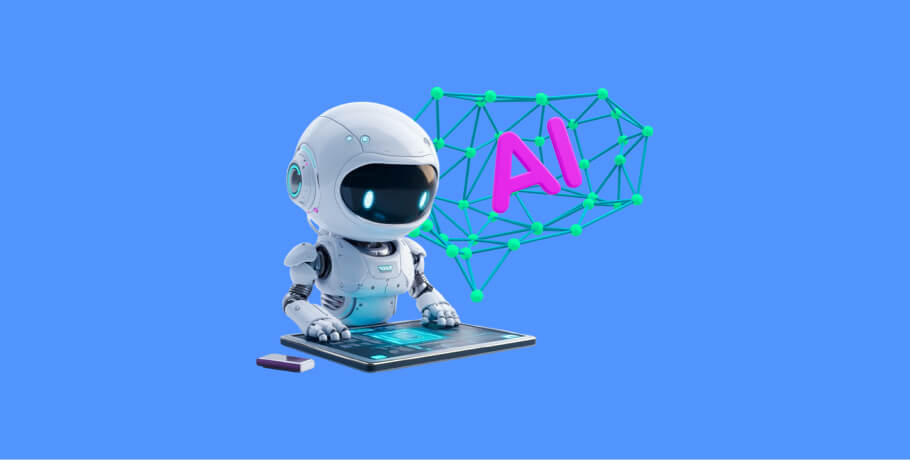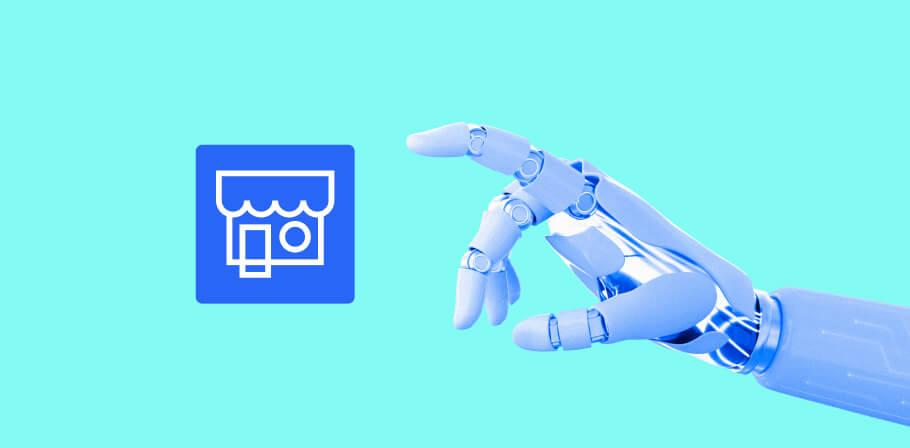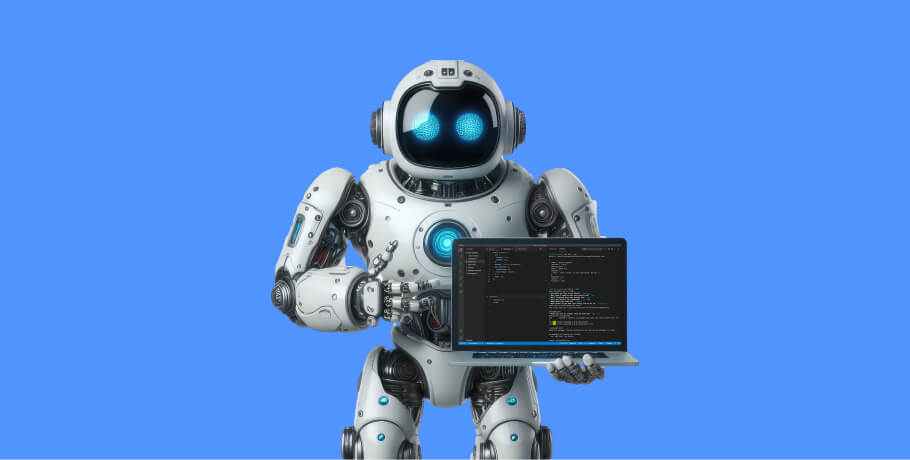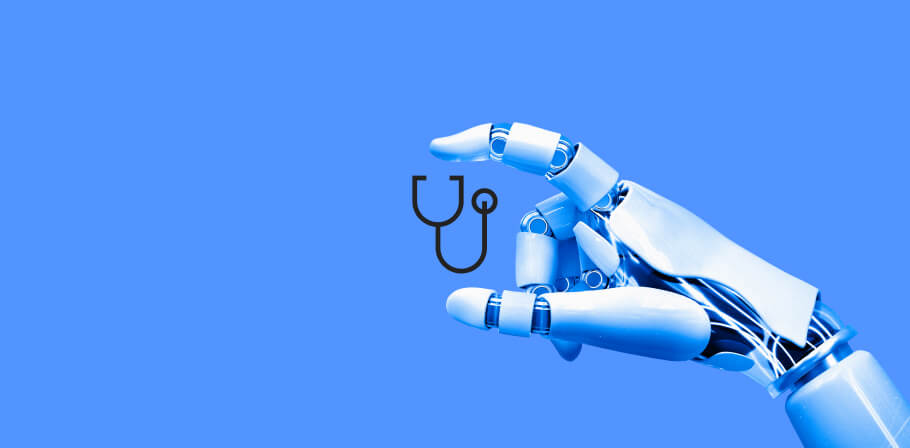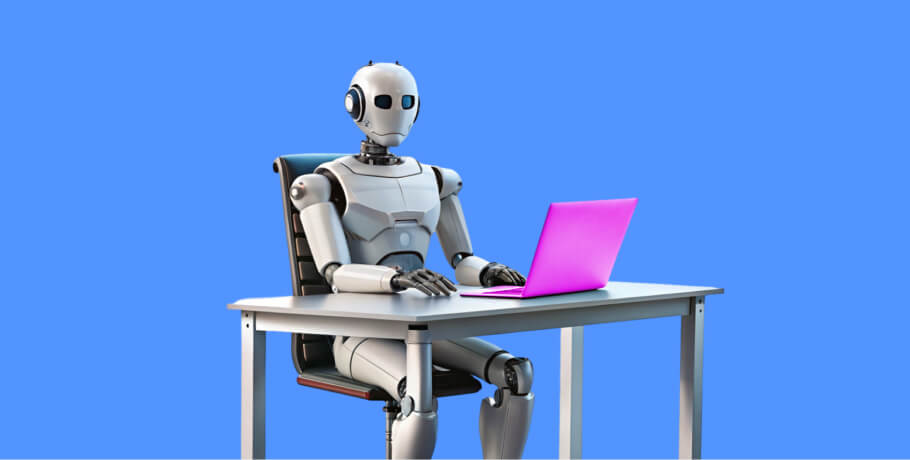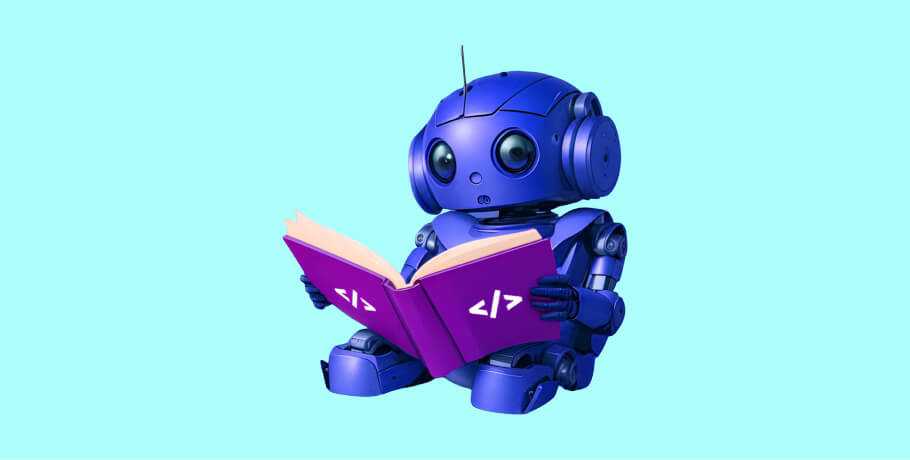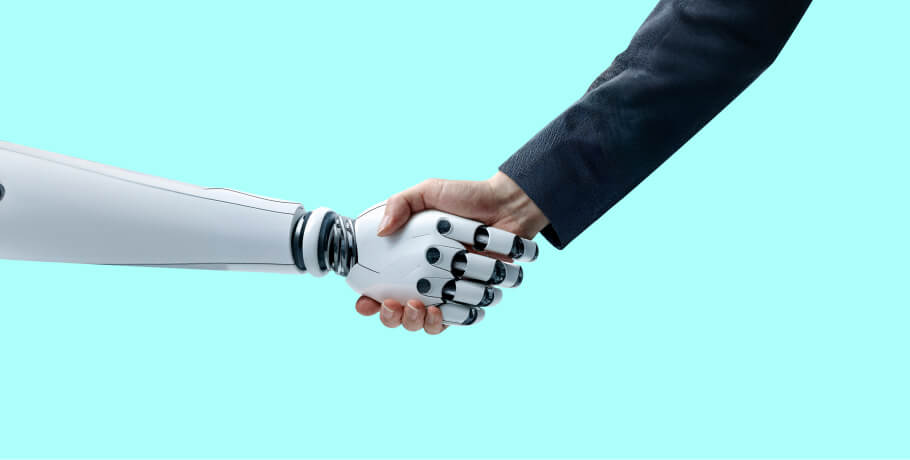In a word, the role of AI in software testing can be summed up as transformative. In 2024 and beyond, we see machine learning and AI in fintech, education, filmmaking, research, communications, and software testing. Few industries have been unaffected by the evolution of these technologies.
The market size for AI-enabled testing was valued at about $414.7 million in 2022, with projections that it would grow at a compound annual growth rate of 18.4% from 2023 to 2030. The expectation is that it will reduce manual effort, improve test coverage, reduce testing costs, and enhance reliability.
We can expect the introduction of AI-powered test automation tools with more capabilities to streamline various aspects of the testing process. It can also be leveraged to prioritize crucial tests and fix problems automatically.
To learn more, let’s dive into the specifics and uncover the impact of AI in software testing and quality assurance.
What is genAI for software quality assurance?
As the name implies, genAI refers to generative forms of artificial intelligence that can create new content and solutions by learning from existing data.
AI in software testing can be used for test automation by analyzing existing code and user behavior to create comprehensive test cases covering a wider range of scenarios and edge cases.
It is also leveraged for test data generation, including images, text, and user actions, allowing for better testing without needing to collect real-world data.
Testers can use it to speed up the QA process by detecting patterns, anomalies, and vulnerabilities in the code early, as well as predicting potential problems. The result is enhanced coverage, with more completed and diverse test cases for various devices, platforms, and scenarios.
Owing to the continuous learning nature of AI, genAI in software testing can be used to learn from past bugs, run automated tests, improve test generation and execution, lead to faster testing cycles, and produce high-quality software.
Benefits of using genAI for testing
Artificial intelligence in software testing promises to deliver numerous benefits. Let’s discuss some of them.
- Reduced manual work
With genAI, test automation is much easier, reducing the need for repetitive manual work. This is especially advantageous for activities like regression testing. The result is savings in time and resources and allows for a more thorough testing of components requiring human ingenuity and intuition.
- Enhanced test coverage
GenAI can be used to quickly create a wide range of test cases, covering more ground than a manual testing process. This capability improves the comprehensiveness of the tests to find bugs that could easily be missed, further increasing the software’s reliability.
- Consistent results
AI-assisted testing makes it possible to provide a level of consistency that is challenging to achieve manually. By using AI in testing, businesses can maintain high standards, cutting down on human mistakes that come from doing repetitive and monotonous tasks.
- Early detection
GenAI models can be taught to predict potential issues and detect anomalies a human might miss. It is a great way for developers to identify issues early and resolve them before they become a much larger problem.
- Realistic testing scenarios
Developers can benefit from GenAI’s quick and easy test creation capabilities. By mimicking complex human behaviors, machine learning and AI models can be used to provide a more robust testing environment with more dependable results.
- Adaptability
It takes time to learn new testing tools, approaches, and technologies or pivot focus quickly during testing. GenAI solves this problem by adapting to changes in the software, ensuring that your testing process remains relevant and useful.
- Resource optimization
Testing not only takes time but also requires funding. For the software testing industry, this results in creating a list of essential tests and prioritizing them at the expense of other perceivably less important tests. With AI-based testing, coverage can be improved while keeping costs manageable for a more rewarding process.
ADOPT GENAI FOR SOFTWARE TESTING IN 12 WEEKS
Enroll in our EngX GenAI Adoption Program and see your team’s productivity soar by up to 40%.
How is genAI changing the QA process?
The QA process had humble beginnings that for a long time meant manual software testing. Individual testers would be tasked with checking the software to find bugs and anomalies, often multiple times.
However, the industry has evolved. How did it all start, and how did we end up with AI-powered QA? Let’s go through the evolution:
- Manual testing
Testers developed test cases, executed them, and recorded their results. While the method is great for getting highly detailed insights, it takes a lot of time and proved to be challenging, especially in terms of ensuring comprehensive coverage.
- Scripted automation
The first hint of test automation came in the form of script testing. Testers can write scripts of repeatable and predictable test scenarios. This improved consistency and saved time. However, even with the advantages it offers, scripted automation still isn’t quite there.
Developers are tasked with not just writing proper scripts, but also maintaining them. Given the rigid nature of script testing, it can be hard to deal with unexpected variants or changes in the test scenarios.
- Data-driven testing
With the advent of big data and data analysis, testers developed a methodology where you can input different data sets into a pre-written test script and create several scenarios from that one script.
Data-driven testing improved efficiency and coverage, but still requires considerable manual intervention. Additionally, this method struggles with test automation that accounts for changes in app behavior or new scenarios.
AI software testing is the next leap in the QA industry. The promise is that it can be integrated into every step of the software testing process to great effect. How?
Let’s find out:
Test case design and development
AI-driven testing is a useful tool for automation test case generation, with options to customize specific parameters and criteria, a traditionally time-consuming process. It is a great way to create comprehensive test cases covering various scenarios, including edge cases.
GenAI tools can also prioritize and optimize test cases across multiple factors, such as code changes, historical data, and business decisions.
Test code generation and maintenance
AI-driven test automation can help with handling low-value tasks like bug hunting and code generation, enhancing code optimization, and enforcing standards. GenAI can be used to refactor and optimize existing code, improving maintainability and performance and helping convert legacy code to modern languages.
Test maintenance can be made obsolete, as the models learn, adapt, and copy end-user behavior to generate tests automatically.
Test planning, execution, and results analysis
The software testing cycle can be made more time-efficient by automating repetitive tasks and executing tests at a pace and scale impossible for manual testers. GenAI’s ability to simulate complex behaviors means more comprehensive and realistic tests based on an app’s prerequisites.
Test case maintenance and management
The switch from traditional test maintenance to genAI is a leap in effectiveness and productivity. The models can generate tests automatically by scrutinizing an app’s behavior and see to the upkeep of test scripts, saving time and cutting down on manual effort.
With these gains, teams can regenerate tests at the speed of development, to embrace and be in line with agile development methodologies.
Test case generation and management
AI in software test automation can learn from patterns in the input data to generate new data mirroring the patterns, which is crucial for stress testing and performance checks.
Testers can use it to generate test cases, data, and scenarios, with the option to specify the parameters and criteria.
Test result analysis and defect management
GenAI is good for reducing false positives by comprehending the context of the environment to enable real-time monitoring for immediate defect detection. Testers are introduced to the concept of self-learning algorithms that can conduct automated testing, reducing human involvement, and boosting accuracy.
Examples of using genAI in software testing
To provide a more in-depth look at artificial intelligence software testing uses, let’s explore some examples.
Unit test generation from requirements
GenAI systems can process natural language descriptions and function signatures to create unit tests. This involves translating requirements specified in a human-readable format into executable test cases that validate the functionality of software.
For example, if a requirement states that a login function should accept a username and password and return a user object, genAI would generate tests to verify that the function can handle valid and invalid entries.
Test design and idea generation
Testers can use genAI to generate ideas through an analysis of software functionality and user stories. An example would be an ecommerce application, where genAI can be used to create test cases for product search, user registration, checkout, and cart management processes.
Test boilerplate code generation
Software testing with AI is used to generate the boilerplate code needed for test scripts, leaving time to focus on complex cases that generative models struggle with.
For example, in a web app, genAI could generate the Selenium or WebDriver code to navigate the application’s pages and perform actions like clicking buttons or entering text.
Predictive bug detection
Historical data plays a key role in refining the capabilities genAI can offer testers. By learning from what has been done before, the models can predict where bugs are likely to show up in the software.
If a particular module has had frequent issues in past releases, the AI can prioritize generating more extensive and rigorous tests for that module during the current development cycle.
Will AI replace testers?
So, what is AI testing going to mean for the industry? The outlook for AI’s role in the job market, as well as its impact on software testers, is a topic of much discussion and analysis. In 2024, the projection is that the evolution will be more about change than replacement.
Some statistics indicate that AI could lead to significant job displacement across various sectors. For instance, 44% of companies using or planning to use AI believe it could result in layoffs in the near future.
Now, while AI in software testing is expected to automate certain tasks within software testing, it’s also believed that it will democratize testing, improve software quality, and foster a culture of shared ownership among development teams.
AI is changing the landscape of software development by streaming the workflow, but human programmers are still needed for more complex tasks and strategic decisions that need intuition and creativity.
AI-powered test automation will not replace testers but will evolve their roles completely and change the nature of their work. The focus has been placed on AI integration to enhance efficiency and quality instead of outright job replacement.
Adopt GenAI in your software testing with our EngX Program
To leverage the best software testing with AI, begin with our EngX GenAI Adoption Program and boost your software engineering team’s efficiency by up to 42%, among other gains. Some key facts to keep in mind include:
- 12 weeks of a pilot program
- 30-42% productivity gain
- Over 40 programs implemented
- Over 10 AI platforms in our toolkit
You can enjoy capabilities that include test code generation and maintenance, application logic implementation, third-party integration, and requirement analysis and improvement. Get started with GenAI adoption for:
- Up to 15% more productive engineering with GitHub Copilot
- Up to 36 hours of team time saved with SDLC throughput optimization
- Up to 34% faster cycle time
We will help you choose an adoption program that fits you best, help your organization learn how to use AI in software testing, measure AI adoption KPIs and productivity gains, and stay ahead of the curve.
Conclusion
AI and software testing are integrated in a way that changes how QA is conducted, raising teams to new heights of efficiency, accuracy, and predictive capabilities. Organizations can achieve faster release cycles, reduced costs, and higher software quality.
While test automation enhances the QA process, the role of human testers is still indispensable, focusing on strategic and creative aspects of testing and software functionality. Adopting GenAI in your QA process through programs like EngX can provide a competitive edge in your efforts to deliver reliable software.
FAQ

Expert digital communicator and editor providing insights and research-based guides for technology buyers globally.
Expert digital communicator and editor providing insights and research-based guides for technology buyers globally.
Explore our Editorial Policy to learn more about our standards for content creation.
read more

